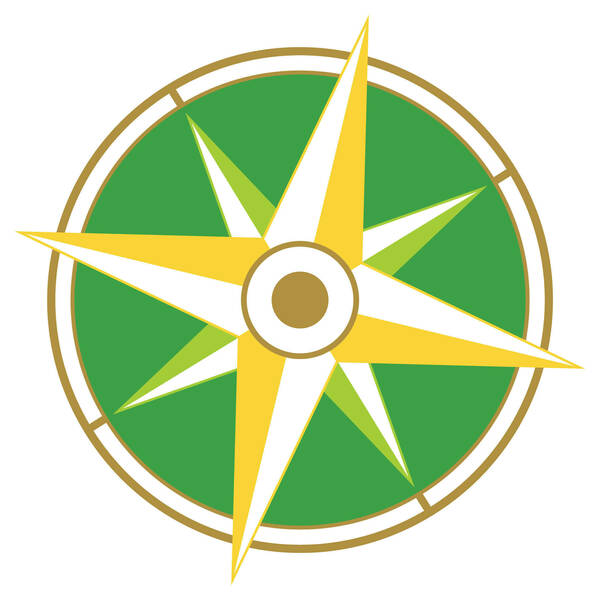
The Notre Dame Initiative for Global Development (NDIGD), part of the Keough School of Global Affairs at the University of Notre Dame, has completed a new, five-year strategic plan, which will be implemented between the years of 2019 and 2024.
The new strategic plan seeks to position NDIGD as an internationally recognized institution that boldly and effectively addresses global poverty and inequality through the avenues of policy, practice, and partnership. NDIGD endeavors to “enhance human dignity, equity, and well- being for the world’s poorest and most vulnerable populations by addressing today’s most compelling global issues,” per its new vision statement.
In order to fulfill this vision, the plan defines three primary goals for NDIGD to work toward during the next five-year period:
- Build research excellence in poverty and inequality and establish our presence in key policy fora.
- Build curricular specialization in development practice and offer experiential learning for leadership and professional placement.
- Build and manage an extensive network of global partnerships to take Notre Dame research to the front lines of development policy and practice.
In developing this new strategic plan, NDIGD’s leadership spent over six months consulting with dozens of internal and external stakeholders. The plan was unveiled at a launch event on Friday, Dec. 7, in the Hesburgh Center for International Studies. At the event, Ray Offenheiser, director of NDIGD and a Distinguished Professor of the Practice in the Keough School, gave a brief overview of the plan and its goals.
“Our goal in this exercise, to put it quite simply, was to define NDIGD’s value added contribution to the mission of the new Keough School of Global Affairs,” explained Offenheiser. “With this new vision statement, we are making a clear commitment to focus on global poverty and inequality. While there are a variety of centers around the University that touch upon poverty from a pedagogical or experiential perspective, there are none devoted to viewing it from the perspective of practice and policy. We’re choosing to play that role.”
Four guest speakers followed Offenheiser and each discussed the plan’s potential impact on a variety of organizations and actors, as well as the broader field of global development.
“At NDIGD, and in this plan, Notre Dame’s succinct contribution will be to go the last mile, because technology and development often stops before reaching the most remote villages and the people with the least access to technology, medicine, and education,” said Scott Appleby, dean of the Keough School. “As a Catholic university that cares particularly about the most vulnerable and the most marginal, we seek to create programs and educate our students and young professionals in what it means to deliver these services in effective ways to people.”
“I’m pleased to see the original vision for NDIGD—and what we hoped to do through it—come to fruition and get better all the time,” said Robert J. Bernhard, vice president for research. “This plan has a sharper mission and vision than NDIGD has had in the past, it’s better connected to the academy, and it’s bolder than we’ve ever been able to be.”
“Thank you for listening, because you clearly did listen to ”https://www.crs.org/" target="_blank">Catholic Relief Services (CRS) and others in really thinking about where to focus in this plan,“ explained ”https://www.crs.org/about/leadership/annemarie-reilly" target="_blank">Annemarie Reilly, chief of staff and executive vice president for strategy and organizational development at CRS. “I know I and my colleagues often said to you: ‘please focus on the practitioner, and please focus on evidence-building and support for monitoring, evaluation, and learning.’ These are areas we knew we needed more help in, and we knew that Notre Dame was well placed to help provide that.”
“I’m here to share that being at the Keough School—despite any potential geography-related challenges—has never felt like a disadvantage, and that’s in large part because of NDIGD,” said Jenna Ahn, a student in the Keough School’s Master of Global Affairs program. “From a student perspective, I think this strategic plan is an exciting one. NDIGD’s ability to be a place, with the Keough School, that’s ambitious and capable of meeting the needs of ”https://keough.nd.edu/integral-human-development/" target="_blank">integral human development—in terms of meeting the needs of whole persons and all persons—is really unmatched."
NDIGD will begin mailing out physical copies of the new strategic plan in early January 2019. A digital copy is currently available on NDIGD’s website, ndigd.nd.edu, which has been revamped with revised and new content related to the strategic plan and its goals.
Individuals or organizations interested in receiving a physical copy of NDIGD’s new strategic plan should contact Aviva Wulfsohn at awulfsoh@nd.edu, or (574) 631-2940.
The Notre Dame Initiative for Global Development (NDIGD)—an integral part of the new Keough School of Global Affairs at the University of Notre Dame—works to address global poverty and inequality through policy, practice, and partnership.
Contact: Luis Ruuska, communications specialist, Notre Dame Initiative for Global Development, lruuska@nd.edu
Originally published by at ndigd.nd.edu on December 17, 2018.